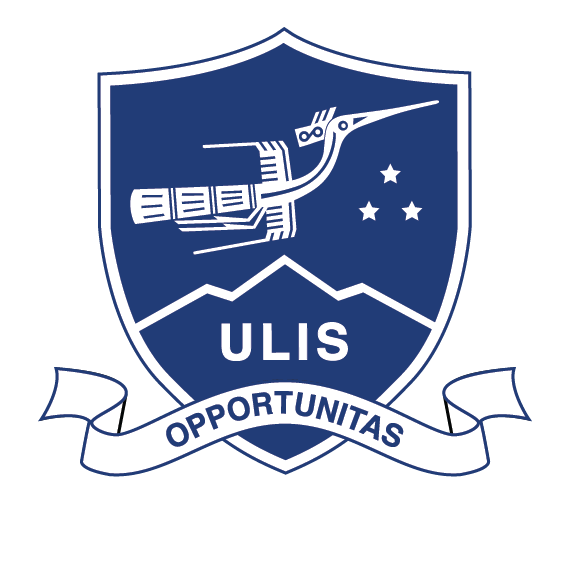Japanese: Opportunities for Engineering Students
Along with the expeditious development of science and technology in our current modern society, the ability to understand and use Japanese is becoming a huge advantage of students especially engineering students in seeking job opportunities and developing future career.

(Keangnam Hanoi Landmark Tower)
Photo by Thai Pham
According to Mr. Nikai Toshihiro – General Secretary of The Liberal Democratic Party of Japan, until 2020, there are more than 1,900 Japan businesses investing, building headquarters, expanding the system and plant installation in Vietnam; more than half of which are technology and assembly companies, such as Nissan, Honda, Toyota, Yamaha… Therefore, the demand for highly qualified human resources in both professional and foreign languages, especially Japanese, is increasing exponentially
Better Job and Oppotunities
With the growing demand for human resources of Japanese companies, especially technology companies, job opportunities for Japanese-speaking technical students are numerous
According to Mrs. Thao, a lecturer at the University of Engineering and Technology – VNU, proficiency in Japanese language at the present time is a great advantage for technology students because knowing Japanese will give them a competitive edge over other students after graduation. She also added that technology students who know Japanese will have more career options instead of doing industry-related jobs, such as Bridge Software Engineer.
Nowadays, many Japanese corporations or companies have several scholarship funds for engineering students and students also have chances to experience and attend short-term training courses in Japanese corporation environment.

Source: Nguyen Dang Thang (K59 UET)
Better Remuneration Policy and Promotion
Engineering students who have high level Japanese not only have better job opportunities, but also get better policies on compensation, salary, bonus and allowances. Besides, Japanese competence also has a great influence on the promotion of the company.
According to Mr. Bien – K59 UET student currently working at NISSAN, the company has 4 levels of allowance corresponding to the Japanese language level from N4 to N1. The higher the level, the more benefits and wages they receive.
“The level of expertise among engineers after graduation can be considered equal, so the higher the Japanese proficiency level, the greater the likelihood of advancement. The main reason for the advancement above is the acquisition and communication of Japanese”, says Mr. Nguyen Anh Tuan, an engineer at a Japanese technology company in Vietnam
Keeping up with the trend of the labor market, many engineering students not only build up their major knowledge but also learn foreign languages, especially Japanese. This has proved that the potential highly qualified workforce are ready to enter the current hi-tech labor market.
According to the Ministry of Economy, Trade and Industry (METI) at the 12th Japan Information Technology Day (Japan ICT Day), currently, the number of Japanese IT engineers is about 920,000, lacking 171,000 people compared to demand and starting the downward trend. It is forecast that by 2020, Japan will lack 369,000 IT engineers. This number could rise to 789,000 by 2030.
“Japan determines that Vietnam is one of the very potential markets to invest, as well as attracting Vietnam’s IT manpower to work in Japan, Japan has invested 54 projects in the IT sector, accounting for 19.6% of total investment projects in Vietnam and the wave of investment of Japanese enterprises continues to increase in the next time”, says Mr Hironobu Kitagawa, Chief Representative of Japan External Trade Organization (JETRO) in Hanoi.

